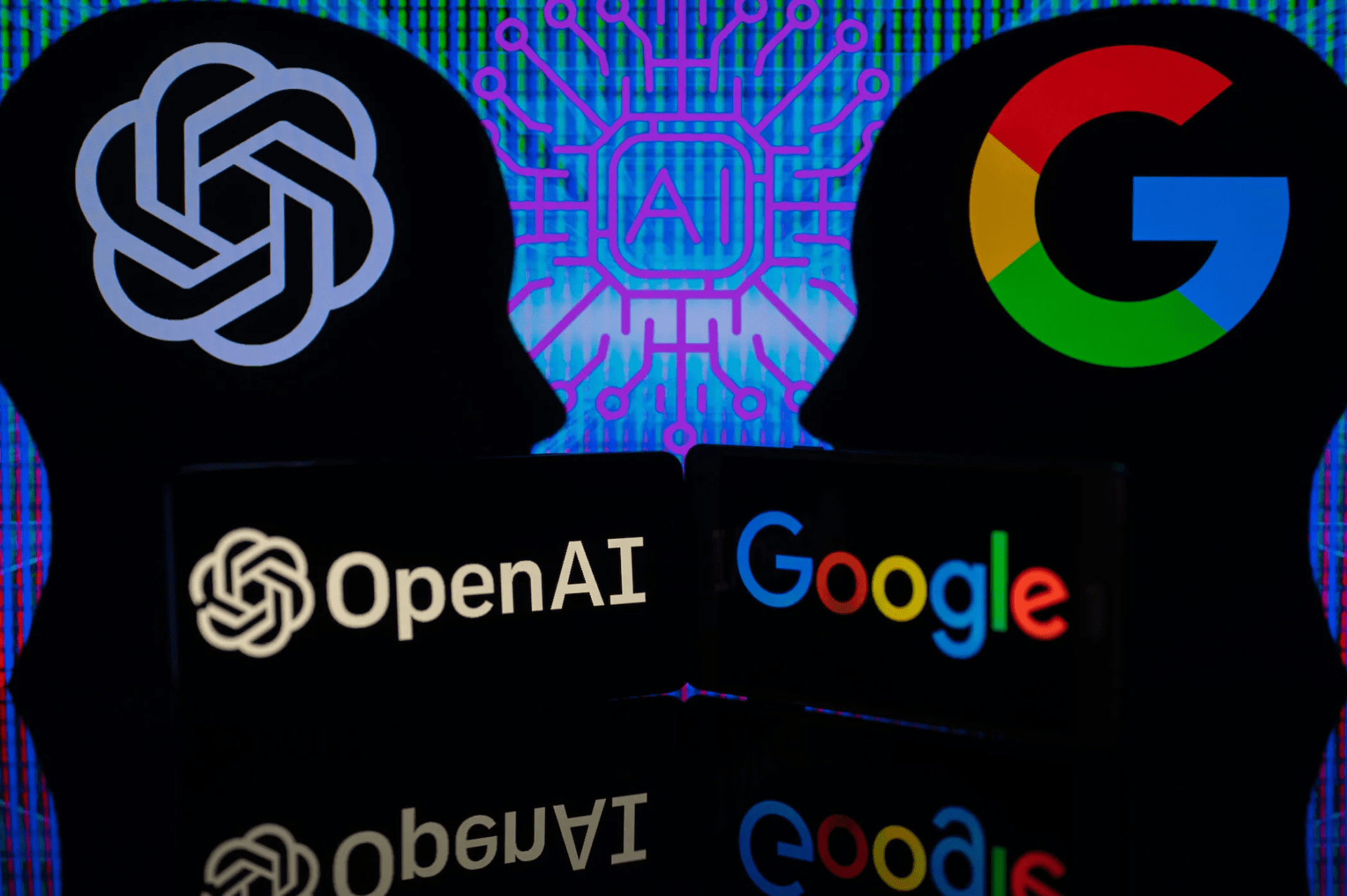Google’s language model “Bard” has been accused of using ChatGPT responses shared online as training data. However, Google has denied the claim, stating that the company has strict policies in place to protect user privacy and intellectual property.
The controversy arose when a group of researchers claimed that they found evidence of ChatGPT responses appearing in Bard’s training data. They pointed out that some of the responses in Bard’s training data were identical to those shared by users on social media platforms like Twitter and Reddit.
The researchers further alleged that Google did not obtain the necessary consent from users to use their responses in Bard’s training data. They claimed that this was a violation of users’ privacy and intellectual property rights.
However, Google has denied these allegations. The company has stated that it has robust policies in place to protect user privacy and intellectual property. According to Google, Bard’s training data is derived from a wide range of sources, including books, articles, and websites, and the company takes great care to ensure that it complies with all relevant laws and regulations.
Google has also pointed out that it has a rigorous process in place for reviewing and approving the use of training data for its language models. This process involves multiple levels of review, including legal, ethical, and technical reviews, to ensure that the company is complying with all relevant laws and regulations.
Despite Google’s denials, the controversy has raised concerns about the use of user-generated content in training data for language models. Some experts have called for greater transparency and accountability in the way that companies like Google collect and use user data.
The controversy also highlights the importance of user consent and privacy in the development of AI technologies. As AI becomes increasingly integrated into our lives, it is essential that companies take steps to protect user privacy and ensure that they are complying with all relevant laws and regulations.


